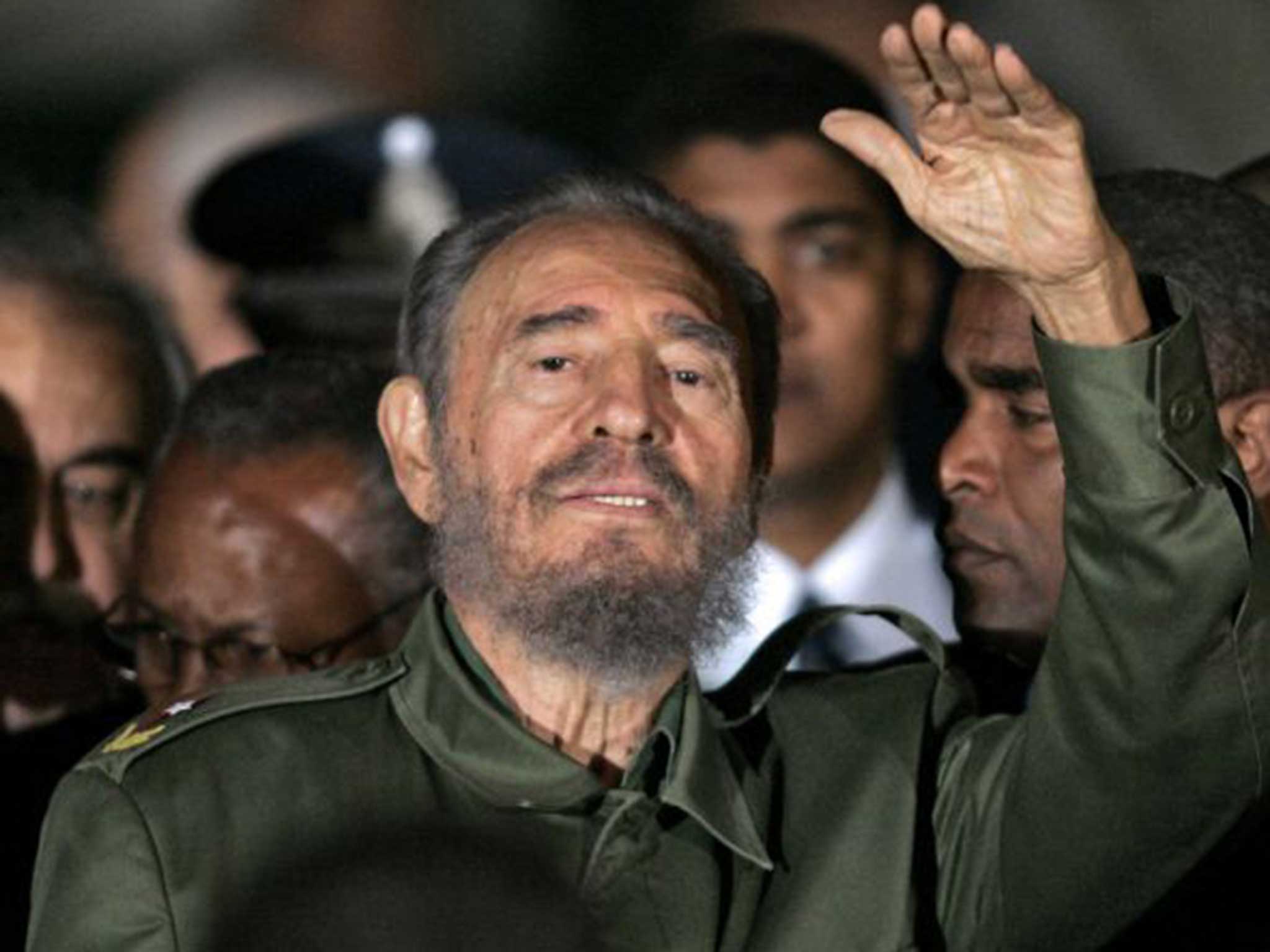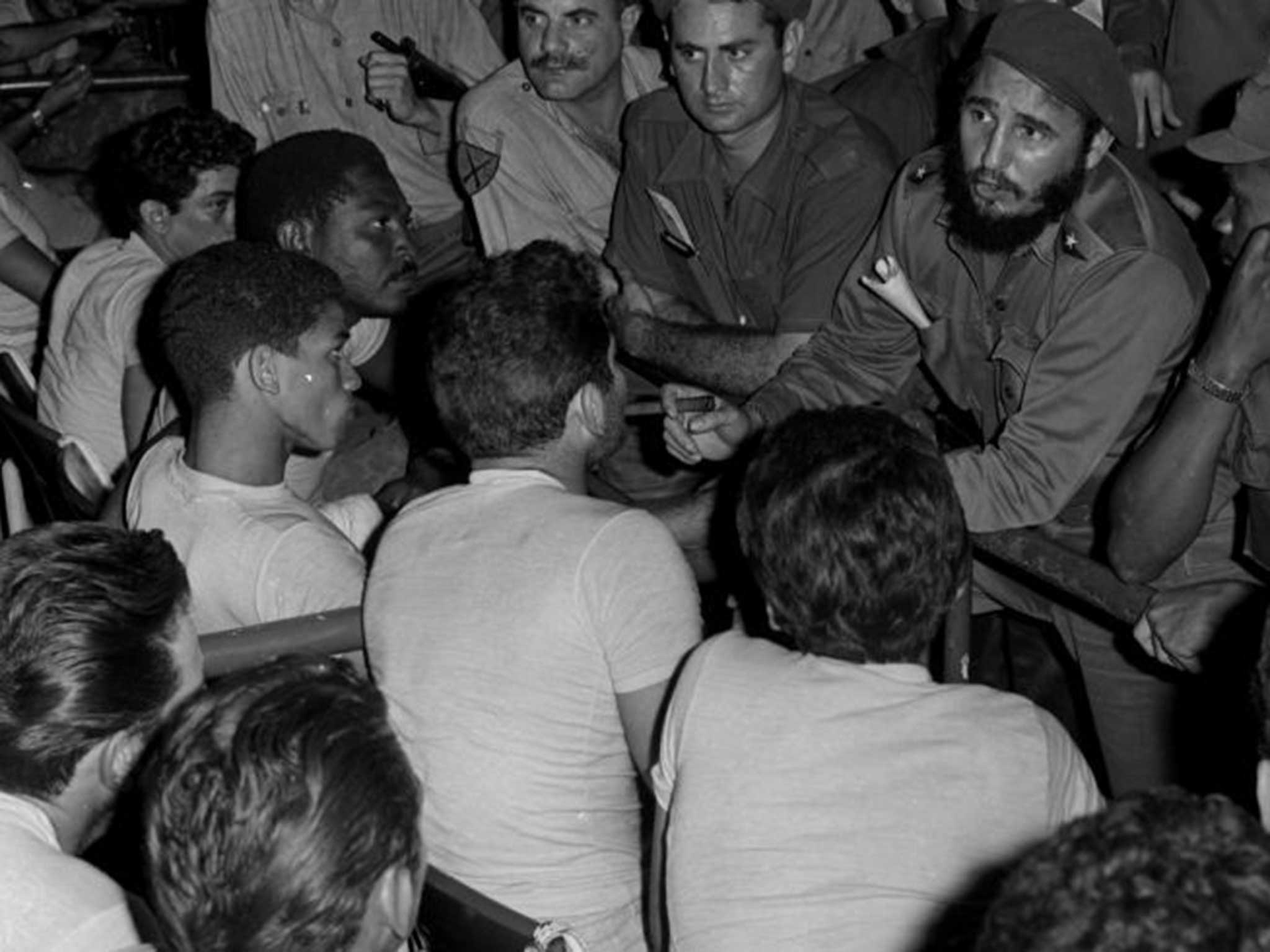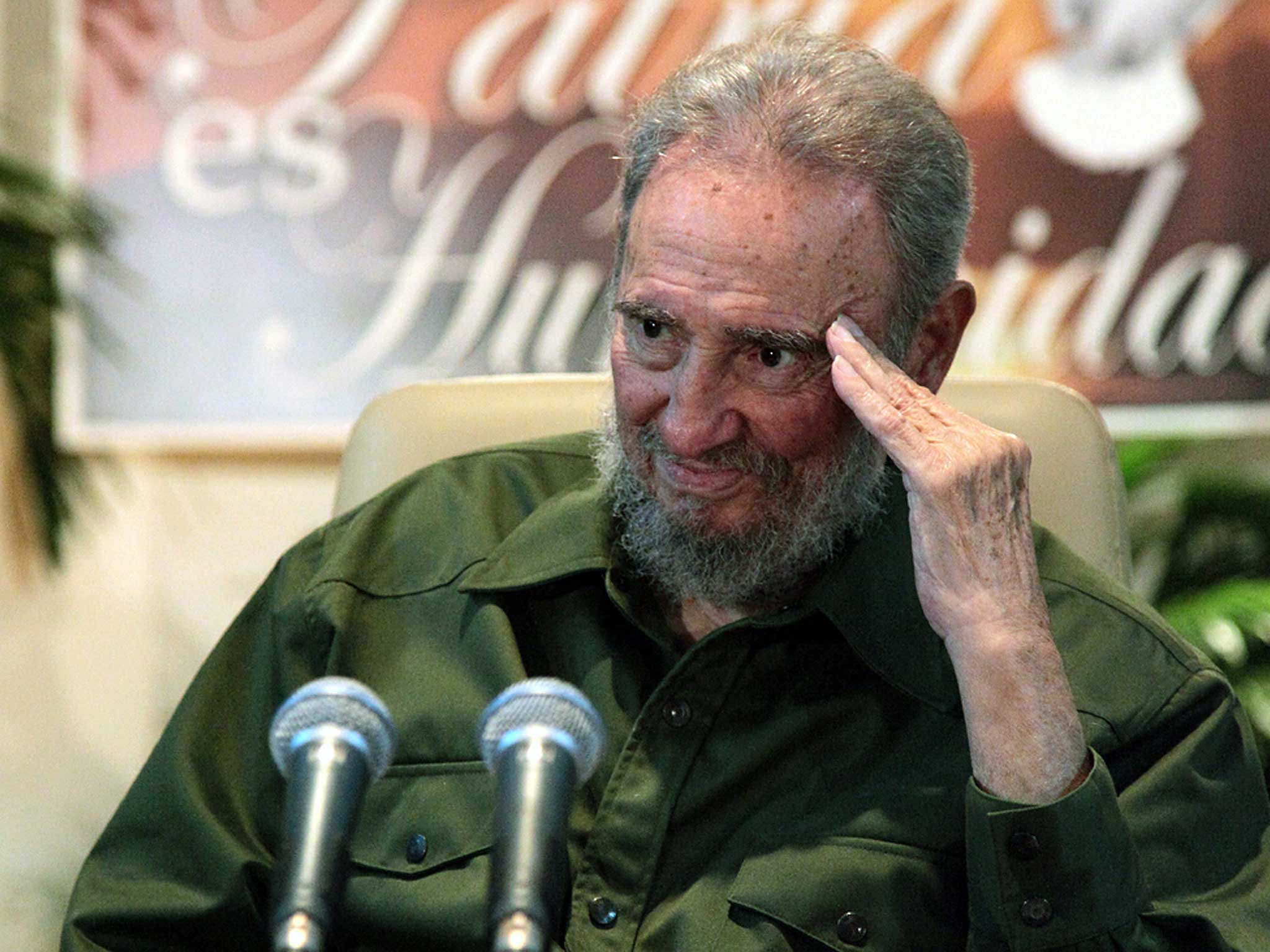Fidel Castro dies: Timeline of key events in Cuba under the former leader
Fidel Castro ruled Cuba as a one-party state for five decades

Your support helps us to tell the story
From reproductive rights to climate change to Big Tech, The Independent is on the ground when the story is developing. Whether it's investigating the financials of Elon Musk's pro-Trump PAC or producing our latest documentary, 'The A Word', which shines a light on the American women fighting for reproductive rights, we know how important it is to parse out the facts from the messaging.
At such a critical moment in US history, we need reporters on the ground. Your donation allows us to keep sending journalists to speak to both sides of the story.
The Independent is trusted by Americans across the entire political spectrum. And unlike many other quality news outlets, we choose not to lock Americans out of our reporting and analysis with paywalls. We believe quality journalism should be available to everyone, paid for by those who can afford it.
Your support makes all the difference.The former President of Cuba, Fidel Castro, has died aged 90.
After taking power he defied 10 US presidents and enforced Soviet-style communism for half a century.
Castro ruled Cuba as a one-party state and here are some of the most important events of his five decades as leader:
1 January 1959: Castro’s rebels take power as dictator Fulgencio Batista flees Cuba.
June 1960: Cuba nationalises US-owned oil refineries after they refuse to process Soviet oil. Nearly all other US businesses were expropriated by October.
October 1960: Washington bans exports to Cuba, other than food and medicine.
16 April 1961: Castro declares Cuba socialist state.
17 April 1961: Bay of Pigs: CIA-backed Cuban exiles stage failed invasion.

7 February 1962: Washington bans all Cuban imports.
October 1962: US blockade forces removal of Soviet nuclear missiles from Cuba. US President John F Kennedy agrees privately not to invade Cuba.
March 1968: Castro’s government takes over almost all private businesses.
April 1980: Mariel boatlift: Cuba says anyone can leave; some 125,000 Cubans flee.
December 1991: Collapse of Soviet Union devastates Cuban economy.
August 1994: Castro declares he will not stop Cubans trying to leave; some 40,000 take to sea heading for United States.
18 March 2003: 75 Cuban dissidents sentenced to prison.
31 July 2006: Castro announces he has had operation, temporarily cedes power to brother Raul.
19 February 2008: Castro resigns as president.
July 2010: Castro re-emerges after years in seclusion, visiting a scientific institute, giving a TV interview, talking to academics and even taking in a dolphin show at the aquarium.

19 April 2011: Castro is replaced by his brother Raul as First Secretary of the Communist Party, the last official post he held. The elder Castro made a brief appearance at the Congress, looking frail as a young aide guided him to his seat.
19 April 2016: Castro delivers a valedictory speech at the Communist Party’s seventh Congress, declaring: “Soon I’ll be like all the others. The time will come for all of us, but the ideas of the Cuban Communists will remain.”
25 November 2016: Fidel Castro dies. The announcement of his passing was made by his brother Raul who ended the announcement by shouting the revolutionary slogan: “Towards victory, always!”
Agencies contributed to this report
Join our commenting forum
Join thought-provoking conversations, follow other Independent readers and see their replies
Comments